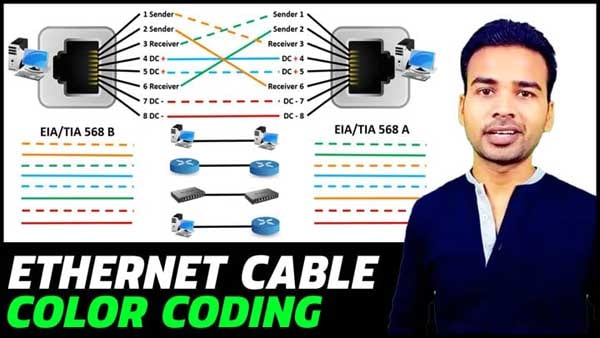What is IEEE standards
IEEE stands for Institute of Electrical and Electronics Engineers. IEEE is an organization composed of engineers, scientists, and students. The IEEE is best known for developing standards for the computer and electronics industry.
List of IEEE standards in Computer Networks and their functions
| Standards | Description |
| IEEE 802 | LAN/MAN Overview and architecture |
| IEEE 802.1 | LAN/MAN Bridging and management |
| IEEE 802.1s | Multiple spanning tree |
| IEEE 802.1 w | Rapid reconfiguration of spanning tree |
| IEEE 802.1x | Port-based network access control |
| IEEE 802.2 | Logical Link Control (LLC) |
| IEEE 802.3 | CSMA/CD access method (Ethernet) |
| IEEE 802.3ae | 10 Gigabit Ethernet |
| IEEE 802.4 | Token passing bus access method and Physical layer specifications |
| IEEE 802.5 | Token Ring access method and Physical layer specifications |
| IEEE 802.6 | Distributed Queue Dual Bus (DQDB) access method and Physical layer specifications (MAN) |
| IEEE 802.7 | Broadband LAN |
| IEEE 802.8 | Fiber Optic |
| IEEE 802.9 | Isochronous LANs (standard withdrawn) |
| IEEE 802.10 | Interoperable LAN/MAN Security |
| IEEE 802.11 | Wireless LAN MAC and Physical layer specifications |
| IEEE 802.12 | Demand-priority access method, physical layer and repeater specifications |
| IEEE 802.13 | Not used |
| IEEE 802.14 | Cable modems (proposed standard was withdrawn) |
| IEEE 802.15 | Wireless Personal Area Network (WPAN) |
| IEEE 802.16 | Wireless Metropolitan Area Network (Wireless MAN) |
| IEEE 802.17 | Resilient Packet Ring (RPR) Access |


